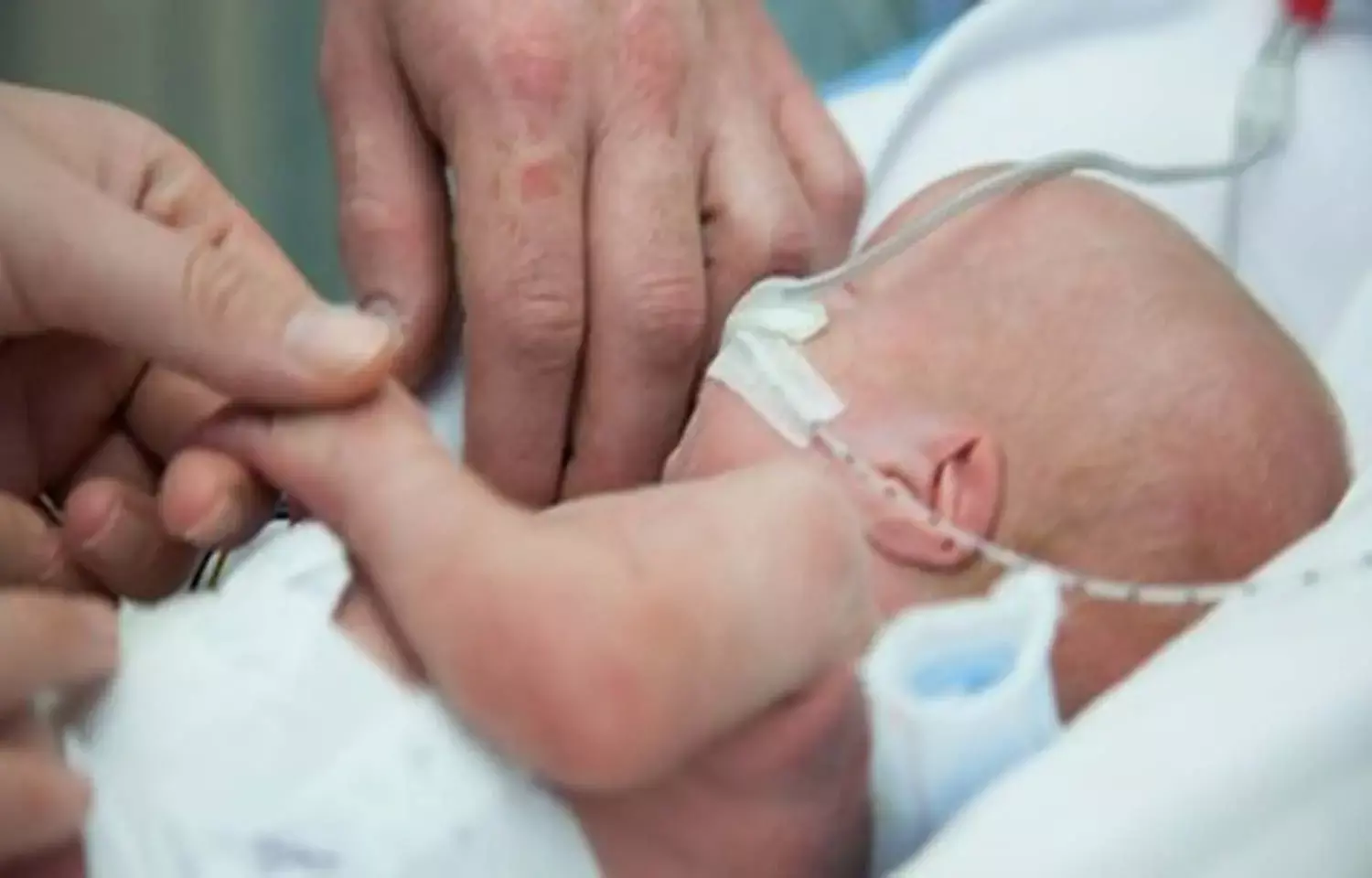- Home
- Medical news & Guidelines
- Anesthesiology
- Cardiology and CTVS
- Critical Care
- Dentistry
- Dermatology
- Diabetes and Endocrinology
- ENT
- Gastroenterology
- Medicine
- Nephrology
- Neurology
- Obstretics-Gynaecology
- Oncology
- Ophthalmology
- Orthopaedics
- Pediatrics-Neonatology
- Psychiatry
- Pulmonology
- Radiology
- Surgery
- Urology
- Laboratory Medicine
- Diet
- Nursing
- Paramedical
- Physiotherapy
- Health news
- Fact Check
- Bone Health Fact Check
- Brain Health Fact Check
- Cancer Related Fact Check
- Child Care Fact Check
- Dental and oral health fact check
- Diabetes and metabolic health fact check
- Diet and Nutrition Fact Check
- Eye and ENT Care Fact Check
- Fitness fact check
- Gut health fact check
- Heart health fact check
- Kidney health fact check
- Medical education fact check
- Men's health fact check
- Respiratory fact check
- Skin and hair care fact check
- Vaccine and Immunization fact check
- Women's health fact check
- AYUSH
- State News
- Andaman and Nicobar Islands
- Andhra Pradesh
- Arunachal Pradesh
- Assam
- Bihar
- Chandigarh
- Chattisgarh
- Dadra and Nagar Haveli
- Daman and Diu
- Delhi
- Goa
- Gujarat
- Haryana
- Himachal Pradesh
- Jammu & Kashmir
- Jharkhand
- Karnataka
- Kerala
- Ladakh
- Lakshadweep
- Madhya Pradesh
- Maharashtra
- Manipur
- Meghalaya
- Mizoram
- Nagaland
- Odisha
- Puducherry
- Punjab
- Rajasthan
- Sikkim
- Tamil Nadu
- Telangana
- Tripura
- Uttar Pradesh
- Uttrakhand
- West Bengal
- Medical Education
- Industry
Early enteral feeding safe after intestinal anastomosis in newborns: Study

China: Early enteral feeding (EEN) after intestinal anastomosis is safe in newborns with congenital gastrointestinal malformation, finds a recent study in the Journal of Pediatric Surgery.
Congenital gastrointestinal malformations – such as jejunoileal atresia, duodenal obstruction,and meconium ileus – among neonates are often treated with primary intestinal anastomosis.
Intestinal anastomosis is a surgical procedure that establishes communication between two formerly distant portions of the intestine.
Jiakang Yu, Guangdong Women and Children's Hospital, Guangdong, China, and colleagues aimed to evaluate the safety and efficacy of early enteral feeding following intestinal anastomosis in neonates with congenital gastrointestinal malformation.
For the purpose, the researchers conducted a multicenter, prospective, randomized controlled trial between 2018 and 2019. Four centers in China analyzed 156 newborns of congenital gastrointestinal malformation undergoing intestinal anastomosis. They were randomized to either EEN group (n = 78) or control (C) group (n = 78).
The primary outcomes of this study were length of postoperative stay (LOPS) and time to full feeds. Secondary outcomes included morbidity of complications, feeding intolerance, parenteral nutrition (PN) duration, 30-day readmission rate, and 30-day mortality rate.
Key findings of the study include:
- The mean time to full feeds and LOPS in the EEN group were 15.0 days and 17.6 days, while that were 18.0 days and 20.0 days in C groups respectively.
- There was no significant difference between two groups.
- No significant intergroup difference was found with respect to postoperative morbidity, PN duration or feeding intolerance.
"Early enteral feeding following intestinal anastomosis in neonates with congenital gastrointestinal malformation is safe," wrote the authors. "Post-operative outcomes demonstrated a trend toward improvement."
Reference:
The study titled, "Early enteral feeding versus traditional feeding in neonatal congenital gastrointestinal malformation undergoing intestinal anastomosis: A randomized multicenter controlled trial of an Enhanced Recovery After Surgery (ERAS) component," is published in the Journal of Pediatric Surgery.
DOI: https://www.jpedsurg.org/article/S0022-3468(21)00209-8/fulltext
Dr Kamal Kant Kohli-MBBS, DTCD- a chest specialist with more than 30 years of practice and a flair for writing clinical articles, Dr Kamal Kant Kohli joined Medical Dialogues as a Chief Editor of Medical News. Besides writing articles, as an editor, he proofreads and verifies all the medical content published on Medical Dialogues including those coming from journals, studies,medical conferences,guidelines etc. Email: drkohli@medicaldialogues.in. Contact no. 011-43720751


